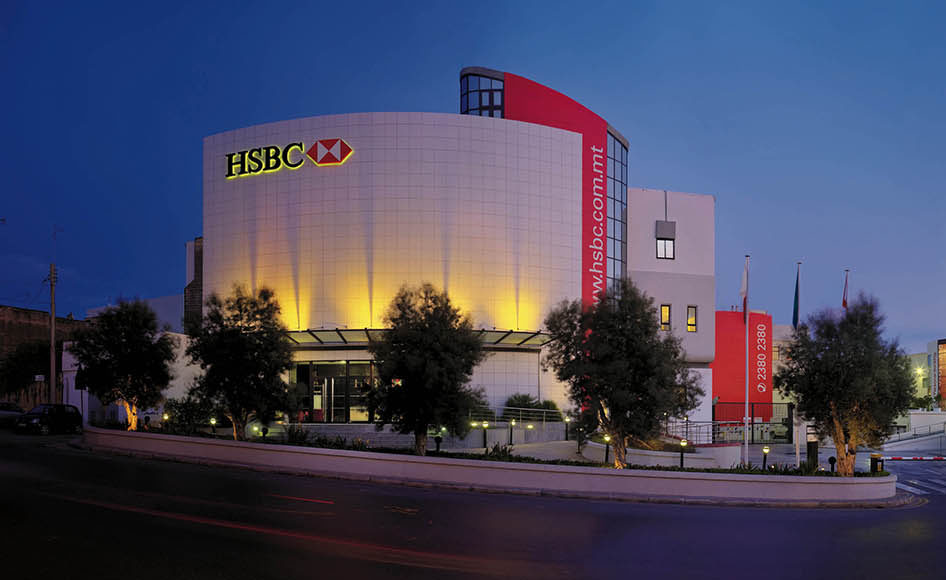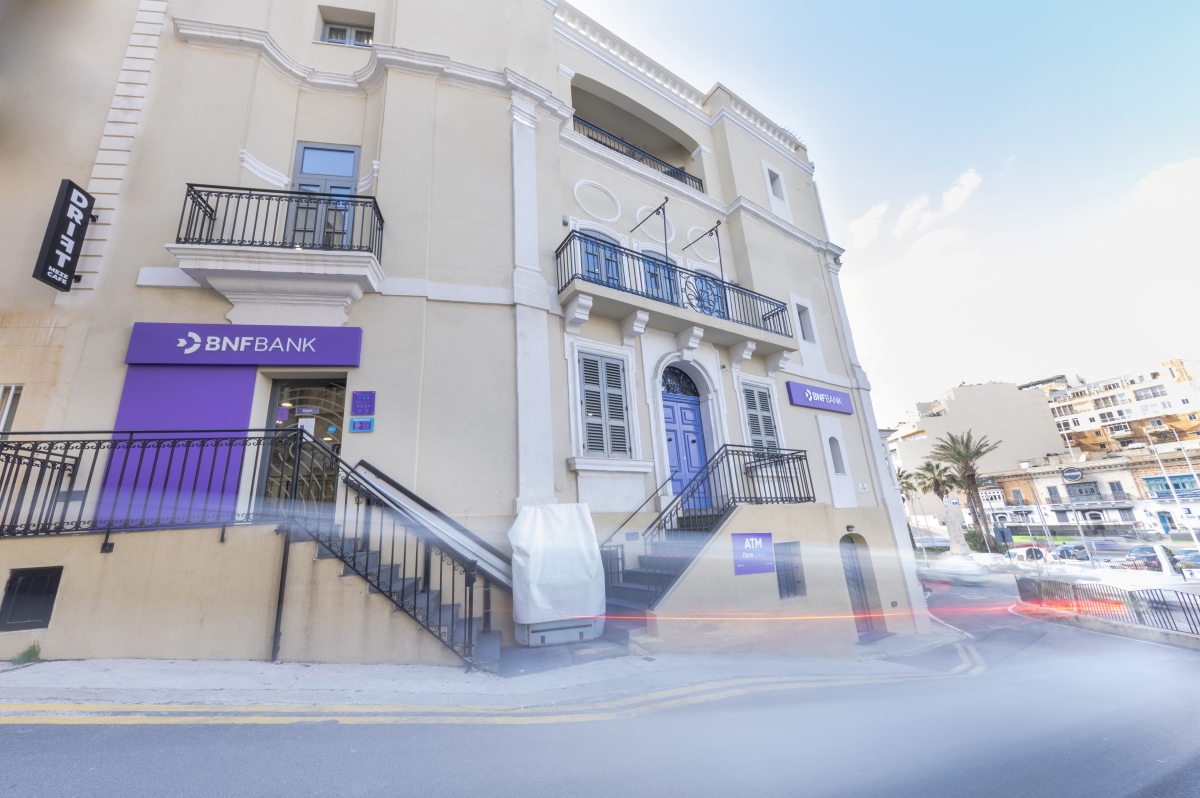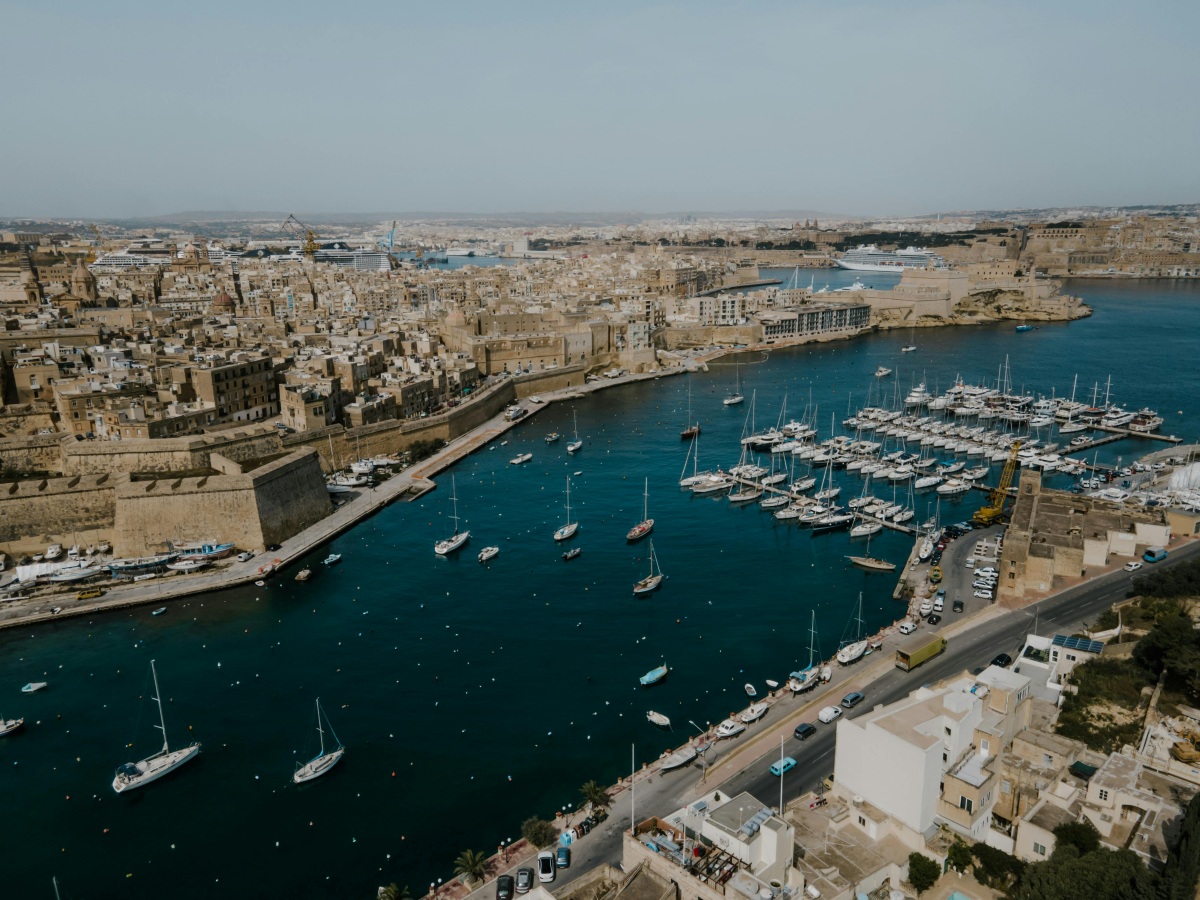Malta’s gaming industry, long considered one of the country’s economic success stories, is being positioned for its next phase of growth under Malta Vision 2050. As part of the strategic blueprint for national development over the next 25 years, the gaming sector remains a key pillar – but the focus is shifting from simply sustaining the iGaming boom to unlocking new frontiers in interactive entertainment, digital innovation, and regulatory leadership.
The Vision calls for a reimagined approach to gaming, one that balances continued strength in regulation and compliance with bold steps into emerging markets such as e-sports, video game development, and immersive experiences.
Expanding Malta’s gaming ecosystem
While iGaming will remain a cornerstone of the economy, Malta Vision 2050 calls for strategic diversification within the broader gaming and digital entertainment industry.
This includes:
- Supporting the growth of e-sports and positioning Malta as a regional host for international competitions and digital tournaments;
- Developing a local video game development industry, with incentives for studios, startups, and creative talent to build games in Malta;
- Promoting interactive entertainment, including virtual and augmented reality applications with commercial potential beyond gaming – such as education, training, and tourism.
This pivot builds on Malta’s existing regulatory expertise, digital infrastructure, and global reputation, but also signals a need to invest in creativity, content development, and tech talent.
Regulatory excellence as a strategic asset
Malta’s success in gaming has been underpinned by its pioneering regulatory framework, led by the Malta Gaming Authority (MGA). According to the Vision, the next step is to reinforce and modernise these frameworks to:
- Keep pace with technological evolution and convergence between gaming, fintech, and digital media;
- Ensure high standards of consumer protection, responsible gaming, and anti-money laundering compliance;
- Attract a broader spectrum of international operators looking for regulatory certainty and innovation support.
Maintaining Malta’s reputation as a trusted jurisdiction will be critical, especially amid increasing scrutiny from EU institutions and evolving global standards.
Fostering talent and industry innovation
One of the major themes throughout Vision 2050 is the importance of aligning education with the needs of industry, and the gaming sector is no exception. Malta’s vision includes:
- Enhancing STEM and creative digital education at secondary and tertiary levels to support future game designers, developers, and engineers;
- Strengthening vocational pathways and specialised training programmes in animation, software development, and multimedia production;
- Expanding employer-led internships and skills-based recruitment, particularly for underrepresented groups in the digital economy.
This focus on talent is seen as crucial not only to meet domestic demand but also to position Malta as a hub for global remote teams and distributed development studios.
Infrastructure and technology enablers
The gaming sector’s evolution will be supported by broader national investments in digital infrastructure and smart governance, including:
- AI and blockchain integration, which may enhance transparency in game mechanics, fairness, and secure digital transactions;
- Expanded e-government services to streamline licensing and compliance for gaming operators;
- The deployment of national digital twin technology, offering potential future applications in gamified civic engagement and immersive public services.
A lifestyle ecosystem for creative talent
One unique aspect of Malta Vision 2050 is its emphasis on quality of life as an economic enabler. For gaming companies –which often compete globally for digital nomads, developers, and designers –Malta’s vibrant social scene, Mediterranean lifestyle, and compact business environment offer strong appeal. The Vision highlights the country’s commitment to:
- Creating liveable, creative cities with access to cultural experiences, green spaces, and co-working hubs;
- Ensuring that planning and mobility infrastructure support the needs of growing digital industries.
What businesses should expect
For gaming operators and entrepreneurs in Malta, Vision 2050 provides both reassurance and a challenge: The country remains committed to the sector, but expects it to innovate, diversify, and mature. Stakeholders should anticipate new policy instruments, investment incentives, and educational partnerships – as well as heightened expectations around compliance, sustainability, and inclusion.
Gozo Business Chamber proposes 40–60% cashback digitalisation incentive scheme for SMEs
The Chamber is also proposing a €3,000 annual wellbeing support scheme for micro enterprises
BNF Bank reports resilient first-half 2025 results
Despite challenges from its core banking system overhaul, BNF Bank closed H1 2025 with growth
Government finances slip into €518m deficit as expenditure outpaces revenue growth
Total government expenditure for the same period rose to €4.62 billion, an increase of €592 million year-on-year






